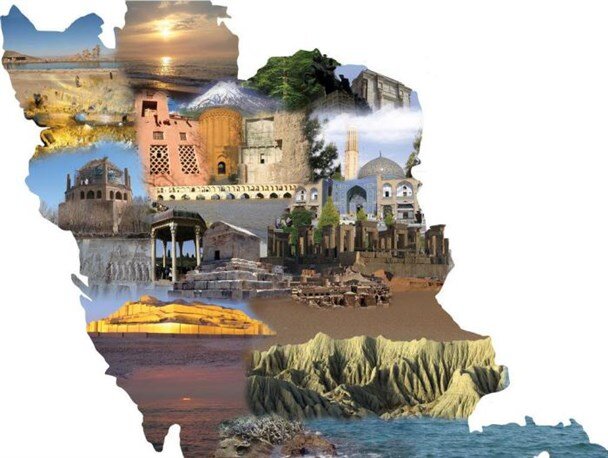UNESCO to maintain cooperation with Iran on national tourism plan

TEHRAN – Iran, UNESCO, and its agency UNWTO, which is responsible for the promotion of sustainable and universally accessible tourism, will be starting another round of joint effort to help develop a national comprehensive tourism plan for the Islamic Republic.
The second phase of the project, which is financed by the European Union, has recently been approved by the UNESCO Cluster Office in Tehran, CHTN quoted Alireza Rahimi, the director of Iran’s tourism planning and development as saying on Tuesday.
The official also noted that the UNESCO Cluster Office has announced its readiness to implement the project with technical assistance from the World Tourism Organization and covering the cost of international experts.
Last December, Gilan was selected as the first Iranian province to be subject to the comprehensive tourism plan developed under the auspices of the United Nations World Tourism Organization.
In another effort this year, the UN cultural body paid six billion rials (nearly $142,000 at the official rate of 42,000 rials) for the restoration of the historic caravansary of Yingi Imam, which was once thriving on the legendary Silk Road.
The project, according to organizers, focuses not only on local communities but also on international tourism, aiming to portray a roadmap for tourists from all over the globe to achieve a sustainable and competitive tourism market.
The UNWTO says that tourism has experienced continued expansion and diversification over the past six decades, and it has become one of the fastest-growing and most important economic sectors in the world, benefiting destinations and communities worldwide.
“International tourist arrivals worldwide have grown from 25 million in 1950 to nearly 1.3 billion today. Similarly, international tourism revenues earned by destinations around the world have grown from 2 billion U.S. dollars in 1950 to 1260 trillion in 2015. The sector represents an estimated 10 percent of the world’s GDP and 1 in 10 jobs globally.”
ABU/MG

Leave a Comment